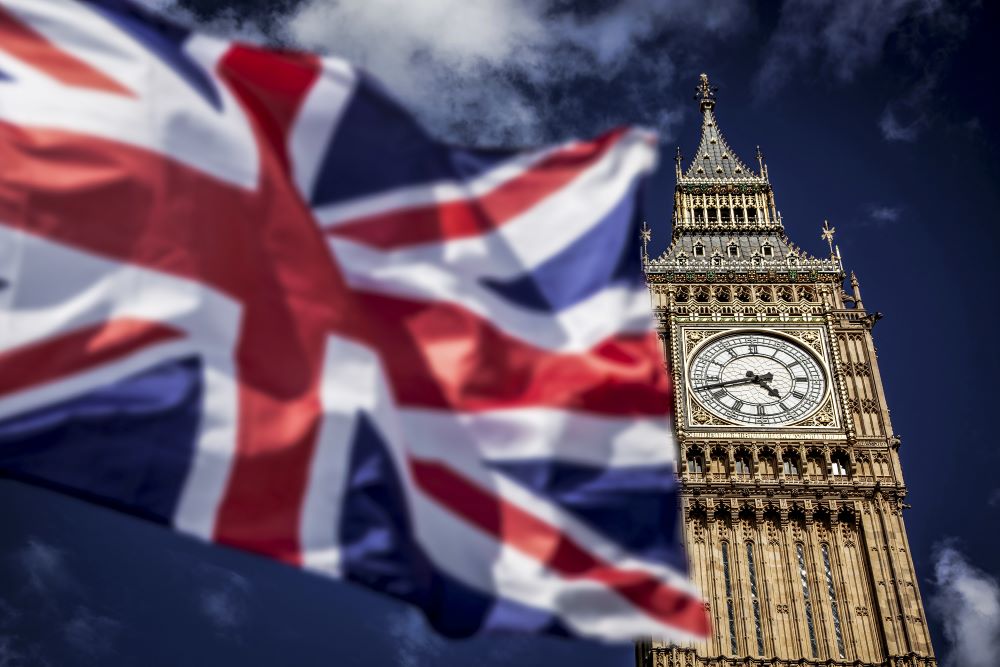
New chancellor Jeremy Hunt delivered an emergency financial statement yesterday (17 October) that saw the government U-turn on most of the announcements made by his predecessor Kwasi Kwarteng two weeks ago.
After another turbulent day in Westminster, the IOE&IT Daily Update looks at five developments traders need to know about from yesterday’s statements.
1: ‘Too far, too fast’
Little of prime minister Liz Truss’ financial strategy, as outlined in the mini-budget of Kwarteng just over three weeks ago, has survived.
Hunt announced a scaling back of the energy support plan from two years to just six months, the abandonment of the cut in income tax, the reversal of a swathe of other tax measures, and said there would be tough budget cuts for government departments, according to Politico.
In a BBC interview last night, Truss said she had asked Hunt to oversee a “new strategy to restore economic stability”.
Truss said she accepted responsibility and apologised “for the mistakes that have been made”, adding: “We went too far and too fast.”
2: Investment zones stay
The government said it would stick by some ‘pro-business’ policies from the mini-budget, including the creation of new low-tax investment zones, plans to relax planning regulations and speeding the delivery of infrastructure projects.
Hunt axed proposals costing £6 billion around cutting dividends tax, repealing off-payroll working rules, a new VAT-free shopping scheme and a freeze on alcohol duty rates.
Investment zones were announced by Kwarteng to incentivise growth through time-limited lower taxes and relaxed planning rules, reports the Local Government Chronicle.
They have survived despite the Treasury raising concerns about the policy, according to the Guardian.
3: Energy review
One of the biggest surprises was that the domestic energy price cap will now only last for six months rather than the two years originally announced, reports the Evening Standard.
The business scheme was set to be reviewed in April next year. Hunt said it would be “irresponsible” to continue exposing public finances to the unlimited volatility in international gas prices.
Bloomberg reports that the Treasury will investigate a replacement programme that better targets lower-income households,
4: Markets approve
Sterling rose two and a half cents to $1.14 in trading to have its strongest daily gain against the dollar since March 2020, reports the Guardian.
The cost of government borrowing also fell, showing that the new chancellor had reassured markets.
The yield on bonds due to be repaid in 30 years’ time dropped on Monday morning as markets anticipated the chancellor’s tax cuts reversal and fell further after his statement, to 4.35%.
It had hit 5.17% on 28 September after the mini-budget, but remains higher than before the mini-budget, according to the BBC.
5: Delay to financial services ‘Big Bang’?
There is uncertainty over when the UK will unveil post-Brexit changes to EU financial services regulations that have been labelled a ‘Big Bang 2.0’ for the City.
The Treasury had been due to announce the long-awaited reforms, which will include changing the EU’s Solvency II directive on insurance firms, in October.
A Treasury source told City AM that the past week’s upheaval means finding a date for the announcement has not been “an immediate priority”, although they stressed the department would outline “ambitious reforms in the coming weeks”.



